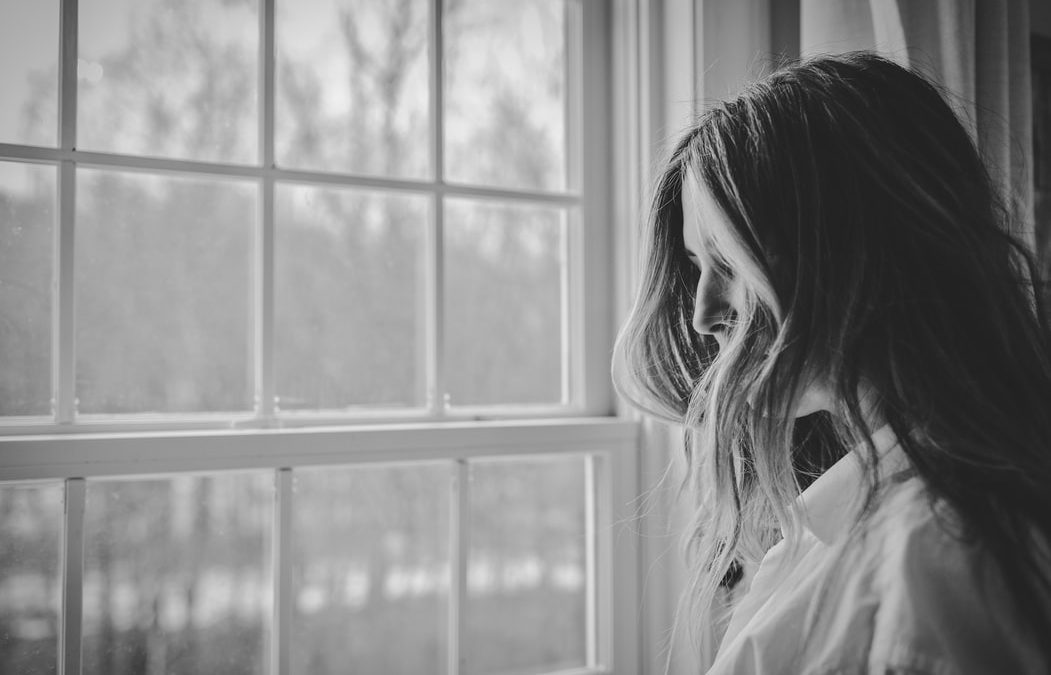Many of us are suffering in the midst of COVID, a stagnant economy, raging wildfires, hurricanes and social/political upheaval. How often have I recently seen these words on social media “I am so done with 2020!”
I can easily be pulled into that thinking. Our wildfires in Oregon have destroyed lives and property in almost unimaginable ways. Air quality beyond hazardous levels due to the smoke are keeping us locked up inside, if we’re lucky enough to still have a home. And COVID means we are locked up by ourselves.
We’ve probably all heard the expression: Pain is inevitable; suffering is optional.
Biologically speaking, pain is the signal from my central nervous system that tells me “something is wrong.” Suffering results from my mental and emotional responses to pain. It’s the despair of hitting rock bottom, of falling to the floor in complete devastation. Suffering is the dreaded falling-apart many are experiencing in 2020.
While suffering may be optional, there are good reasons to choose this option.
I believe that it is only when we have truly entered a place of deep suffering because of our own and others’ pain that we can be an effective healing force in the world.
In his book The Wounded Healer, Henri Nouwen, a Dutch Catholic priest and professor of psychology, argues that most spiritual leaders are not at all prepared to support the healing of people who suffer. Why not? Because they have not themselves been on the ground in a place of complete despair and hopelessness.
For Nouwen, being a wounded healer is not about helping others from a place of neediness. It is about showing up with deep self-awareness of one’s own personal struggles, insecurities and anxieties that are often paralyzing.
If I myself have never experienced devastating suffering, my responses to the suffering around me will likely be rational and uninspiring. I can only touch someone else’s profoundly wounded heart when I show up from a place of my own woundedness.
My guest on last week’s podcast was Kim Colegrove. In September of 2014, her husband David retired from a 30-year law enforcement career. And less than three months later, he committed suicide.
Kim suffered unimaginably. She and David had so many plans for their future together. He had been working on a new business plan for two years with a partner in St. Louis and they were ready to begin to roll it out. He had worked in law enforcement for 30 years, but also had a master’s degree in business management. He seemed happy and ready to retire.
The devastation of her husband’s death led Kim on a journey of discovery about trauma and suffering. Today, she is the creator of the PauseFirst Project to honor David’s memory and to help other first responders cope with trauma. But my conversation with Kim is not just about first responders. She says it’s time for us as a society to better balance our external focus by turning our awareness toward also caring for our own internal needs and our own deep suffering.
Simply put, Kim is a wounded healer who offers wisdom gained from her own unfathomable suffering to help others find comfort.
What an inspiration.
For decades I’ve loved what the indigenous Australian artist and activist Lilla Watson said: “If you have come to help me, then you are wasting your time. But if you have come because your liberation is bound up in mine, then let us work together.”
Recognizing and acknowledging my own and our shared woundedness is a great starting place for working toward our collective liberation and healing.


Marlena writes about what is required to be an effective healing force in the world. I believe the world would be a much better place for all of us to live if we focused on being effective healer’s rather than attempting to righteously impose our political and social beliefs.